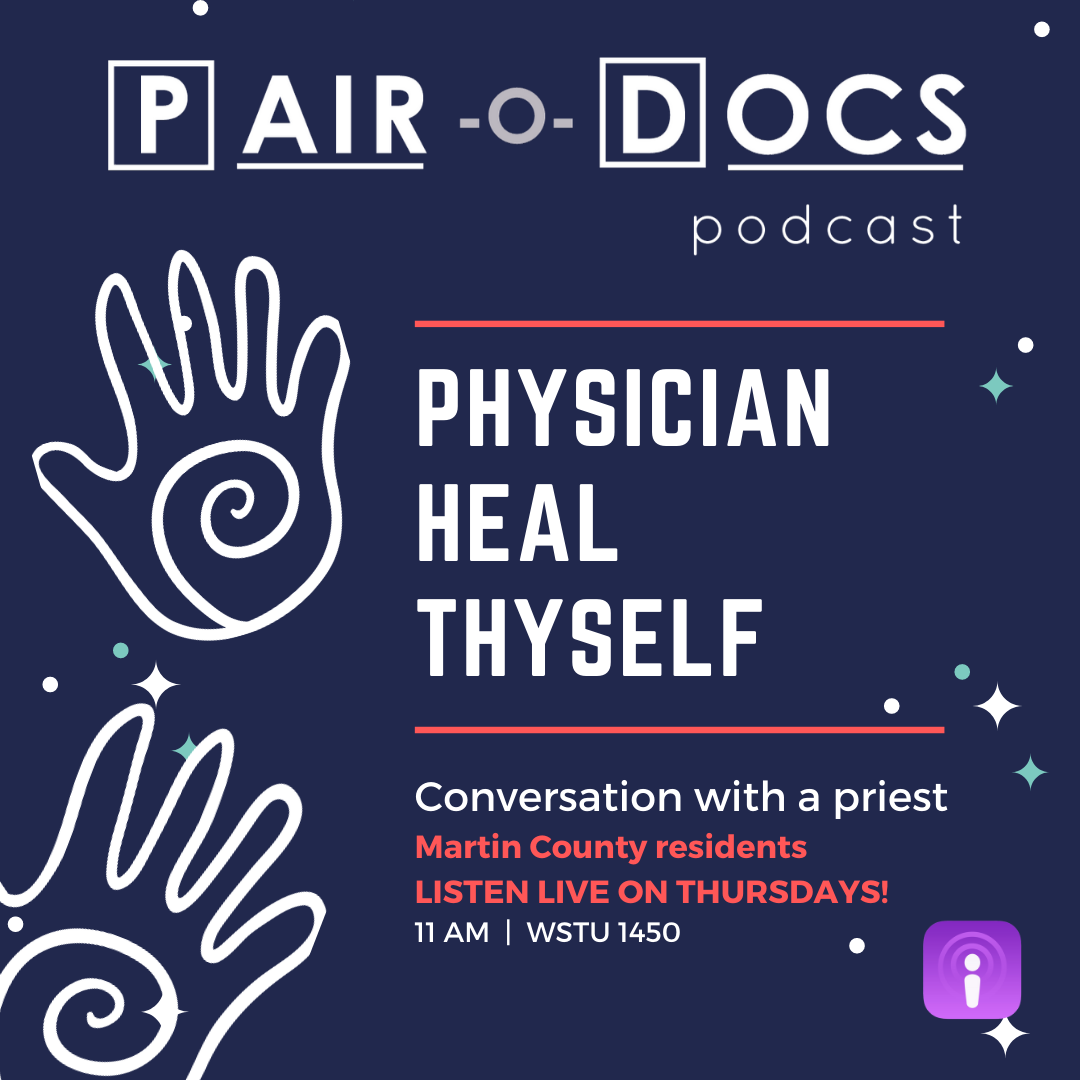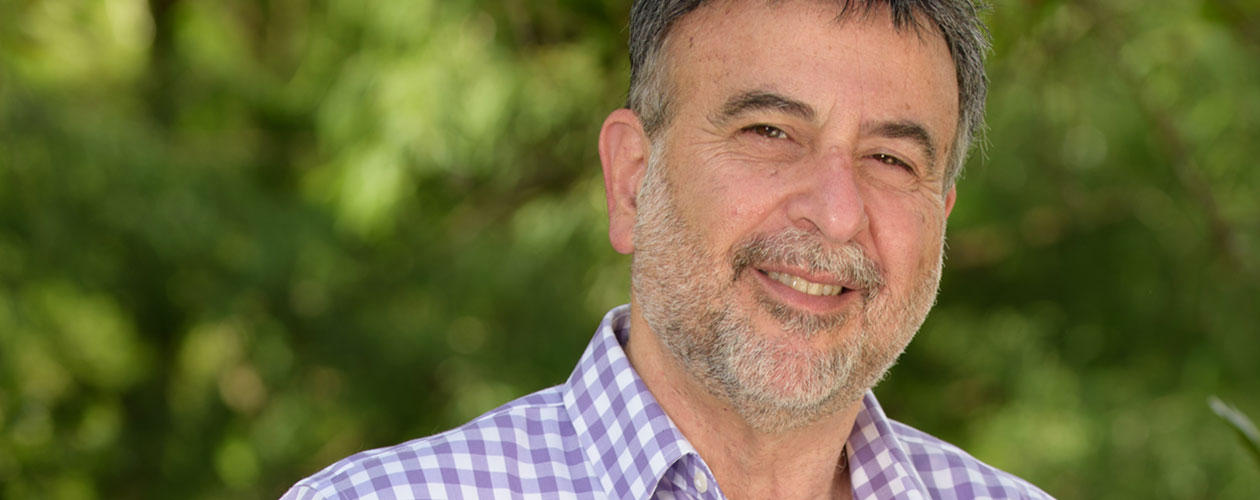
The docs talk with Father Christian Anderson about spirituality and the power of prayer
patient, physician, board certification, doctor of medicine, direct primary care, family medicine, primary care, internal medicine, gastroenterology, concierge, concierge medicine, american board of medical specialties, medical university of south carolina, nursing, surgeon, nurse practitioner, new york city, medical school, morgan stanley, medical license, disease, pain, south carolina, policy, lake whitney, medical, advisors, catalyst, medical practice, medical degree, healthcare, chief executive officer, lawyer, capernaum, gospel of luke, proverb, king james version, new testament, miracle, nazareth, new international version, new american standard bible, english standard version, gospel, the gospel, new king james version, revised standard version, new revised standard version, skepticism, new living translation, greek language, matthew 27, compassion, crucifixion of jesus, elijah, therapy, latin, parable, faith, heaven, american standard version, christian standard bible, vulgate, knowledge, naaman, prophecy, medication, signs and wonders, literature, aramaic, wiktionary, wisdom, the pot calling the kettle black, elisha, physicians, doctor cure thyself, physician cure thyself, physician thyself, galilee, medical record, diet, meditation, pandemic, stress, health care, research
Who said physician heal thyself?
The phrase "physician, heal thyself" is attributed to the Bible, specifically in the Gospel of Luke 4:23. It is often interpreted as a call for medical professionals to address their own needs before they can effectively help others.
Where does physician heal thyself come from?
The phrase "physician heal thyself" originates from the Bible, specifically in Luke 4:23, where it highlights the importance of self-care and reflection among those who provide healing and guidance to others.
What does physician heal thyself mean?
The phrase "physician, heal thyself" refers to the idea that healthcare professionals should prioritize their own well-being and self-care in order to effectively care for others. It emphasizes the importance of personal health in providing quality medical care.
What does healing oneself entail?
Healing oneself entails the process of fostering physical, emotional, and spiritual well-being through self-care practices, mindfulness, and connecting with inner strengths, ultimately leading to improved health and personal resilience.
How is physician heal thyself interpreted today?
The interpretation of "physician heal thyself" today emphasizes the need for medical professionals to prioritize their own mental, emotional, and spiritual well-being to provide effective care, highlighting the importance of self-care in the healthcare industry.
Can personal healing improve professional practice?
Personal healing can significantly enhance professional practice by fostering greater empathy, reducing stress, and promoting a holistic approach to patient care. This personal growth allows healthcare professionals to connect more deeply with their patients, ultimately improving outcomes.
What are examples of self-healing practices?
Examples of self-healing practices include mindfulness meditation, deep breathing exercises, yoga, journaling, and spending time in nature. These practices promote relaxation, emotional balance, and overall well-being, facilitating the body's natural healing processes.
How does spirituality relate to self-healing?
Spirituality plays a significant role in self-healing by fostering a sense of connection, purpose, and inner peace, which can enhance emotional well-being and promote physical health recovery. Engaging in spiritual practices often helps individuals cultivate resilience and manage stress effectively.
What historical context surrounds physician heal thyself?
The historical context surrounding "physician heal thyself" dates back to ancient times, notably in the biblical context of Luke 4:23, emphasizing the importance of self-care and the physician's responsibility to address their own well-being before aiding others.
How do doctors apply physician heal thyself?
Doctors apply "physician heal thyself" by prioritizing their own mental, emotional, and physical well-being, recognizing that self-care enhances their ability to provide high-quality patient care and foster meaningful connections in healthcare.
What is the origin of self-healing concepts?
The origin of self-healing concepts can be traced back to ancient healing traditions and philosophies, which emphasize the body's innate ability to restore health through holistic practices, mindfulness, and the integration of mental, emotional, and spiritual well-being.
How does self-care impact patient relationships?
Self-care significantly impacts patient relationships by fostering emotional resilience and well-being in healthcare providers. When providers prioritize their own health, they are better equipped to engage empathetically and effectively with patients, enhancing overall care quality.
What interpretations exist for heal thyself?
The interpretations for "heal thyself" include the idea that individuals have the power to take charge of their own health and well-being, emphasizing self-care, personal responsibility, and the connection between mental and physical health.
How can doctors promote self-healing strategies?
Doctors can promote self-healing strategies by encouraging patients to engage in holistic practices such as mindfulness, nutrition, physical activity, and adequate rest, fostering a supportive environment that enhances emotional and spiritual well-being for optimal health.
In what cultures is self-healing emphasized?
Self-healing is emphasized in various cultures, notably in traditional practices such as Ayurveda in India, Traditional Chinese Medicine, and Indigenous healing methods, where the mind-body connection and spiritual well-being play crucial roles in health.
What are the psychological aspects of self-healing?
The psychological aspects of self-healing involve emotional resilience, self-awareness, and the capacity for positive thinking. These elements foster a supportive mindset, enabling individuals to cope with stress, enhance inner peace, and facilitate their healing process.
How does physician heal thyself apply in therapy?
The concept of "physician heal thyself" applies in therapy by emphasizing the importance of self-care and introspection among healthcare professionals. It highlights the need for therapists to address their own mental and emotional well-being to effectively support their clients.
What role does prayer play in healing?
The role of prayer in healing is significant, as it can enhance emotional well-being, provide comfort, and foster a sense of connection, which together contribute to the overall healing experience.
How have interpretations of physician heal thyself evolved?
The interpretation of "physician heal thyself" has evolved from a literal call for doctors to maintain their own health to a broader understanding that emphasizes the necessity of holistic well-being, including mental, emotional, and spiritual dimensions in healthcare practices.
What are the criticisms of physician heal thyself?
The criticisms of "physician heal thyself" often revolve around the unrealistic expectations placed on healthcare professionals to fully manage their own health while caring for others, highlighting potential neglect of their own well-being and the need for systemic support.
How does this phrase influence patient care?
The influence of this phrase on patient care lies in its ability to foster deeper connections, encouraging open communication and trust between patients and healthcare providers, ultimately leading to improved outcomes and a more tailored healthcare experience.
What literary works reference physician heal thyself?
Literary works that reference "physician, heal thyself" include the Bible, specifically in Luke 4:23, as well as various plays and novels that explore themes of self-care and the physician's role, such as Shakespeare's "The Comedy of Errors.
How can medical professionals practice self-care?
Medical professionals can practice self-care by prioritizing their physical and mental health through regular exercise, mindfulness practices, seeking support from peers, and ensuring they allocate time for hobbies and relaxation to recharge and prevent burnout.
What are the ethical implications of self-healing?
The ethical implications of self-healing include the potential for individuals to misuse information, neglect professional medical advice, and assume excessive responsibility for their health. It’s crucial to balance personal agency with the need for informed, professional guidance.
How do religious beliefs shape healing practices?
Religious beliefs significantly shape healing practices by influencing individuals' perceptions of health, illness, and recovery. Spirituality often guides choices in treatment, promotes holistic healing approaches, and fosters community support, enhancing overall wellness.
How do different professions interpret this phrase?
Different professions interpret this phrase according to their specific contexts and practices; for example, in medicine, it may emphasize healing and holistic care, while in psychology, it could focus on the mental and emotional wellbeing of individuals.
What teachings did early physicians emphasize on healing?
Early physicians emphasized holistic healing approaches, integrating body, mind, and spirit. They believed in the importance of personal relationships and spiritual well-being as essential components in the healing process, recognizing the interconnectedness of health and emotional support.
How do modern practices reflect physician heal thyself?
Modern practices embody the principle of "physician heal thyself" by emphasizing self-care, holistic approaches, and the integration of mental and spiritual health into medical care, encouraging healthcare professionals to prioritize their well-being to better serve patients.
What discussions arise from physician heal thyself?
The discussions that arise from "Physician Heal Thyself" center around the crucial relationship between healthcare providers and their own well-being, exploring themes of spirituality, the power of prayer, and the importance of self-care in delivering effective medical service.
How can community support facilitate self-healing?
Community support can significantly facilitate self-healing by providing emotional encouragement, shared experiences, and a sense of belonging. This connection fosters resilience and promotes mental well-being, allowing individuals to heal more effectively and feel empowered in their journey.
physician heal thyself, dr heal thyself, ira pearlstine, healer heal thyself, pair o docs, heal thyself podcast
